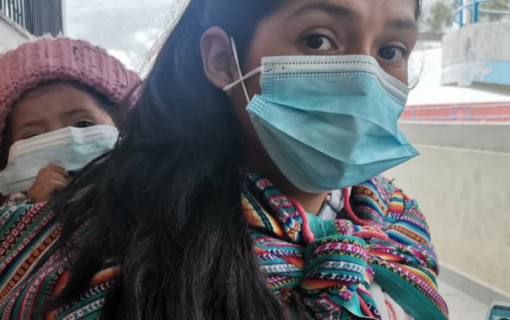Colombia 1994 Elections: Election Technology Assessment Report, March 24, 1995
INTRODUCTION
At the invitation of the National Civil Registry of Colombia and with the financial support of the Center for Democracy and Governance of the U.S. Agency for International Development's Bureau for Global Affairs, the International Foundation for Electoral Systems (IFES) sent Ray Kennedy, Director of Information Resources and former Senior Program Officer for the Americas, to Bogota, Colombia to assess the technological modernization of election modernization in Colombia during the October 30, 1994 municipal and departmental elections. IFES has maintained a strong relationship with the RNEC for a number of years as a result of contacts at regional events and visits to IFES by Colombian electoral officials.
The technological modernization of election administration in Colombia began roughly ten years ago. The initial progress was slow, due to the caution with which the incumbent National Civil Registrar viewed computers and computerization. There was also resistance on the part of politicians, especially the older generation, who reportedly feared they would lose much of their control over the electoral process. With the arrival of Luis Camilo Osorio Isaza as National Civil Registrar and Chief Electoral Officer in 1990, the modernization process began a new and more active phase.
Largely as a result of progress in the period since 1990, election administration in Colombia has earned a reputation for professionalism, efficiency, and impartiality. Most election results are typically announced by midnight, an achievement which many countries in Latin America - and elsewhere - are anxious to emulate. Most recently, the computerization of the electoral process has been subjected to the scrutiny of external systems auditors, increasing the confidence of the Colombian population in the electoral process even further.
Beyond its current achievements, the RNEC has embarked on an ambitious pilot project with the assistance of a number of private firms to develop practical automated voting systems and on a project to integrate departmental and municipal offices into a nationwide network for data sharing.
The report that follows will focus on the technological innovations in Colombian electoral administration, the future direction of its modernization, and the applicability of the concepts and technologies involved to election administration in other countries.
Read the Full Report.









